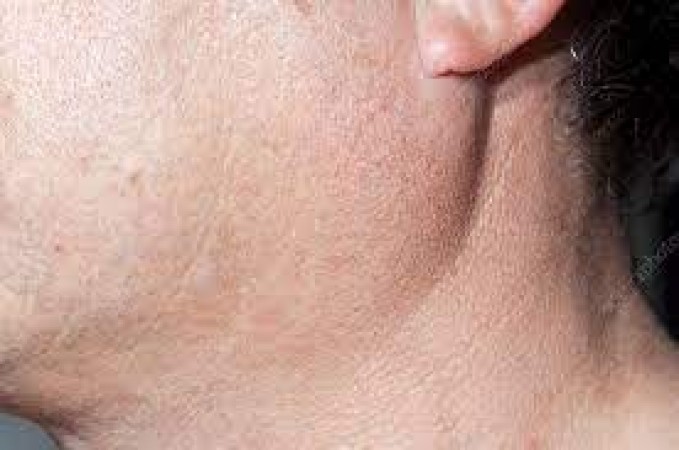Salivary gland cancer, though relatively rare, can be a formidable adversary. Understanding its symptoms and taking necessary precautions are vital steps in early detection and effective management. Let's delve into this topic to shed light on its nuances and empower individuals to recognize potential warning signs.
Recognizing the Signs: Symptoms of Salivary Gland Cancer
1. Persistent Swelling
- Identifying Swollen Areas: Pay attention to any unexplained lumps or swelling, particularly around the mouth, neck, or jawline.
2. Facial Numbness or Weakness
- Nerve Involvement: Any sensation of numbness or weakness on one side of the face warrants investigation, as it could be indicative of nerve involvement.
3. Difficulty Swallowing
- Dysphagia: Noticeable difficulty or pain while swallowing, especially if it persists over time, should not be ignored.
4. Persistent Pain
- Localized Discomfort: Chronic pain in the mouth, throat, or ears, especially without an apparent cause, merits medical attention.
5. Changes in Speech
- Altered Pronunciation: Any sudden or unexplained changes in speech, such as slurring or difficulty enunciating words, require evaluation.
6. Prolonged Hoarseness
- Voice Alterations: Hoarseness or persistent changes in voice quality should prompt further investigation, as they can signal underlying issues.
7. Difficulty Opening Mouth
- Limited Jaw Movement: If you experience difficulty fully opening your mouth or notice a decrease in jaw mobility, consult a healthcare professional.
8. Persistent Ear Pain
- Ear Discomfort: Chronic ear pain or discomfort, especially when accompanied by other symptoms, may indicate a deeper issue.
9. Fluid Drainage
- Unusual Secretions: Any abnormal discharge or fluid drainage from the ears or nose should be examined by a medical professional.
Taking Precautions: Steps for Prevention and Early Detection
1. Regular Self-Examinations
- Empowerment Through Awareness: Familiarize yourself with the anatomy of the salivary glands and perform routine self-checks to detect any abnormalities early.
2. Routine Dental Visits
- Dental Health Connection: Regular dental check-ups not only promote oral hygiene but also facilitate the early detection of any suspicious lesions or growths.
3. Avoid Tobacco and Alcohol
- Risk Reduction: Minimize your risk of developing salivary gland cancer by abstaining from tobacco use and limiting alcohol consumption.
4. Protect Against Radiation
- Occupational Hazards: If you work in environments with potential radiation exposure, take appropriate precautions to minimize risks and protect your health.
5. Maintain a Healthy Lifestyle
- Holistic Wellness: Prioritize a balanced diet, regular exercise, and adequate hydration to bolster your immune system and overall well-being.
6. Prompt Medical Evaluation
- Listen to Your Body: Trust your instincts and seek medical attention promptly if you notice any concerning symptoms or changes in your health.
7. Advocate for Screening
- Early Detection Initiatives: Encourage regular screening protocols for salivary gland cancer, particularly if you have a family history or other risk factors.
Salivary gland cancer may be rare, but its impact can be profound. By familiarizing ourselves with its symptoms and taking proactive measures, we can enhance our chances of early detection and successful treatment. Empowerment through knowledge and vigilance is our strongest defense against this formidable adversary.
This is how love will grow in a long distance relationship?
Mumbai Police Issue Traffic Guidelines for PM Modi's Ghatkopar Roadshow
How does a train engine start? What is self-start?
